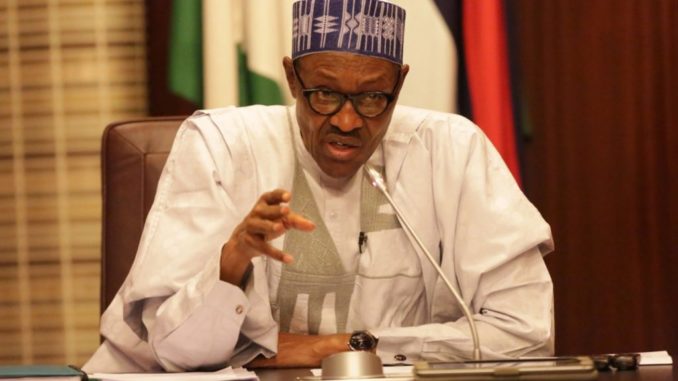
ABUJA —
Nigerian President Muhammadu Buhari is using his anti-corruption campaign to mask efforts to target political opponents, some observers contend, as one of those foes appeared in court Wednesday on money-laundering charges.
Colonel Sambo Dasuki has been charged with mismanaging more than $2 billion meant for purchasing military equipment for the fight against Boko Haram. Despite rulings from several courts granting him bail, Dasuki is being held by the Nigerian state security services.
Dasuki served under Buhari’s predecessor, Goodluck Jonathan, and is just one of several high-profile Nigerians arrested but not indicted in the past year.
FILE – Nigeria’s National Security Adviser Mohammed Sambo Dasuki listens to a question after his address at Chatham House in London, Jan. 22, 2015.
High-profile arrests
Last month, Jonathan’s media adviser, Reuben Abati, was arrested by an anti-graft agency. The former journalist was later granted bail.
Many people are being accused of money laundering and other forms of political corruption, but no one has been indicted. And people are beginning to wonder why.
Salaudeen Hashim, who works for a local nonprofit that partners with Transparency International to track government corruption, cites problems with the way corruption cases are handled in Nigeria, including a lack of coordination between investigators and prosecutors.
“What we have seen is some level of judicial conspiracy in the entire process, people going to court and getting bail, finding a way to maneuver the official process,” said Hashim.
Bribery is a problem, he said. In Nigeria, “the highest bidder will always get the most comfortable side of justice.”
About a dozen high-level Nigerian judges have now been accused of fraud and accepting bribes. State security officers have raided some of their homes in the past few weeks.
Public sentiment
Some people say judges have hampered the country’s fight against corruption, but others think it is nothing more than a smear campaign targeting the president’s own political opponents.
A report this week from the Washington-based Pew Research Center shows that most Nigerians believe only a small number of elite citizens benefit from the government.
It also said that 60 percent of Nigerians are optimistic that there will be less corruption in the future.